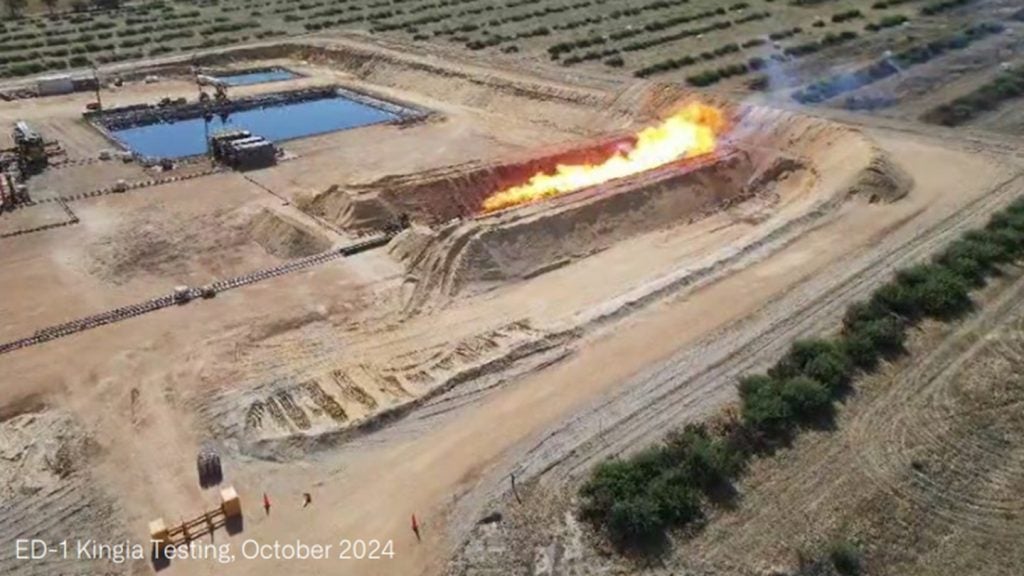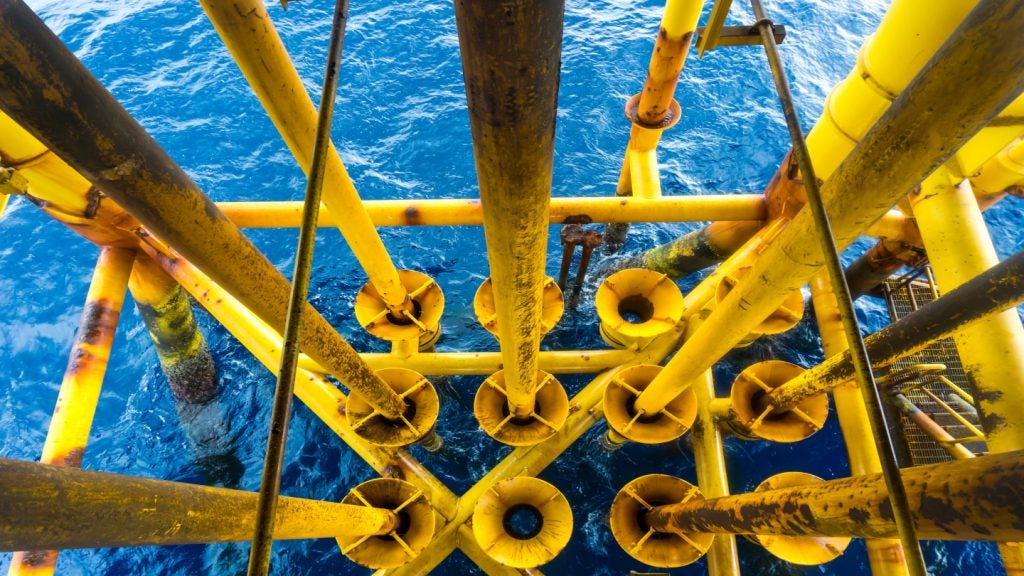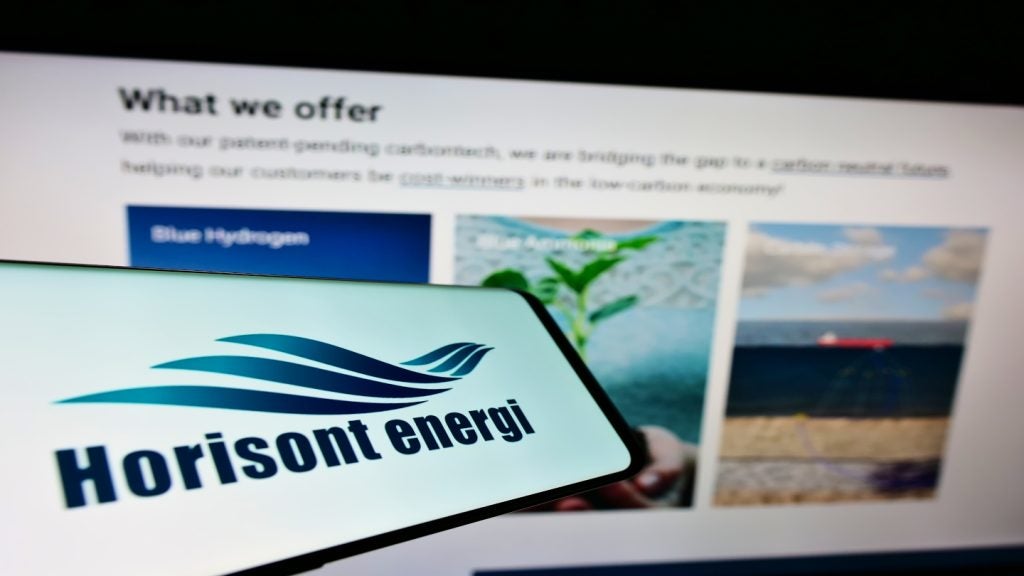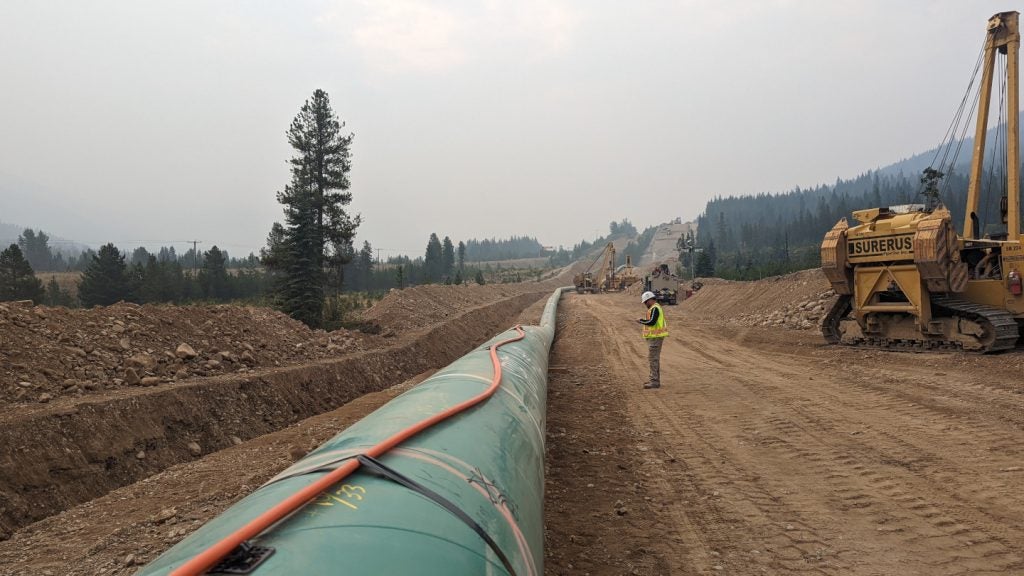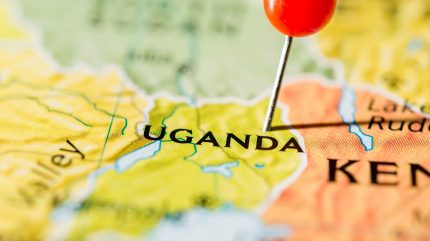
The Government of Uganda has increased its annual budget for the oil and gas sector as the country prepares for the commencement of oil production in the next fiscal year, reported Bloomberg.
Finance Minister Matia Kasaija, in a statement made in the capital, Kampala, said the allocation for the year through June 2025 would be Ush920.9bn ($246m), an increase from the previous year’s Ush447bn.
This financial boost primarily targets the East African Crude Oil Pipeline (EACOP), a 1,443km pipeline designed to transport crude oil from Uganda’s fields to the port of Tanga in Tanzania.
The EACOP project is crucial for Uganda, a landlocked nation, to begin production from oilfields discovered in 2006.
With Western financial institutions such as JP Morgan Chase and BNP Paribas declining to fund the EACOP due to environmental concerns, Uganda’s presidency is seeking investment from Chinese financiers.
In April, Uganda’s Energy Minister, Ruth Nankabirwa, was invited to Beijing to discuss the EACOP project with the Chinese Government.
How well do you really know your competitors?
Access the most comprehensive Company Profiles on the market, powered by GlobalData. Save hours of research. Gain competitive edge.

Thank you!
Your download email will arrive shortly
Not ready to buy yet? Download a free sample
We are confident about the unique quality of our Company Profiles. However, we want you to make the most beneficial decision for your business, so we offer a free sample that you can download by submitting the below form
By GlobalDataTotalEnergies, leading the development of Uganda’s oilfields and the pipeline, is working alongside partners Uganda National Oil Corp., Tanzania Petroleum Development Corp. and China National Offshore Oil Corporation.
Despite securing $2bn (€1.87bn) in funding, an additional $3bn is required for the project’s completion, as reported by the think tank China Dialogue.
The increased budget will also support the development of a 60,000 barrel-a-day refinery, with Alpha MBM Investments at the helm.
The $4bn plant, expected to start operations in 2028, aims to cater to local and regional markets.
Additionally, funds are allocated for a petroleum geoscience laboratory and the procurement of liquefied petroleum gas cylinders to promote clean cooking.
With an estimated 6.5 billion barrels of oil resource, of which 1.4 billion barrels are recoverable, Uganda’s investment in the oil and gas sector is a strategic move to harness these resources for economic growth.


